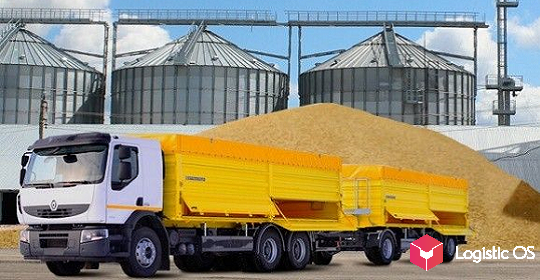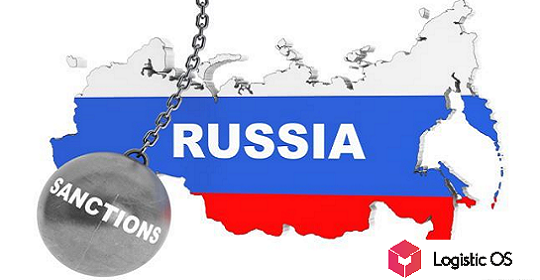Currently, a draft resolution has already been submitted to the government, according to which the duty will have to be extended until August 31, 2024.
In addition to the sunflower itself, the duty will also be set for the export of oil and meal.
Among other things, the sunflower duty is planned to be converted into rubles. Now it is 50%, not less than 320 dollars per ton, and from September 1 it will be 50%, not less than 32 thousand rubles.
Recall: initially, the export duty on sunflower seeds was introduced on July 1, 2021, since then it has been extended twice.
The duty on oil appeared a little later: from September 2021, and since last summer it has been calculated in rubles. At the moment, the duty on oil is 70% of the difference between the base price and the cut-off price, and the duty on meal is calculated according to a similar scheme.
By the way, they plan to facilitate the export of meal by raising the cut-off price from 13,875 rubles to 15,875 rubles.
At the moment, the Ministry of Economic Development has recognized the expediency of extending export duties on these goods, so an official decision on the extension will probably appear soon.
What effect do tariffs have on the industry?
OleoScope analyst Kirill Lozovoy believes that the duty on raw materials plays an important role, as it is a driver for the development of processing industries.
During this season, Russia has already exported about 3.6 million tons of oil, and by the end of the season this figure could grow to 4 million tons, the analyst is sure.
At the same time, the prohibitive duty on sunflower contributes to Russia not only entering international markets with its oil, but also strengthening its position there.
It turns out that in the absence of a duty, these positions would certainly have been lost.
Even now, seed producers are usually in no hurry to sell their products to Russian oil extraction plants: either they are waiting for price increases, or they hope for the abolition or reduction of duties.
For this reason, production facilities are not yet fully loaded with raw materials, the expert notes.
Which countries need Russian butter?
For the most part, we are talking about friendly states, which removes a number of risks.
For example, such countries include China, India, Turkey, Iran, Egypt. Strong enough is the export to the countries of the post-Soviet space: Belarus, Uzbekistan, Kazakhstan.
As new supply chains are built, and oil production in Russia grows, it is quite possible that new interested buyers will appear almost all over the world.

